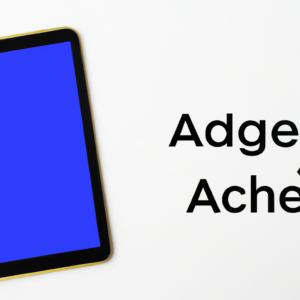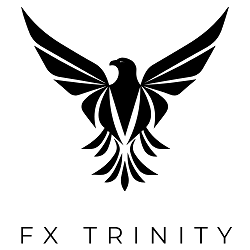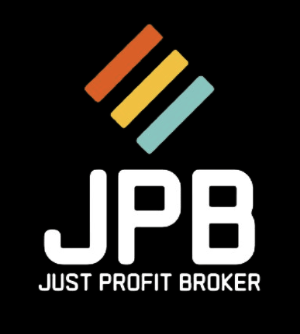Introduction to Alternative Investment Platforms
Alternative investments have become increasingly popular among individual investors seeking to diversify their portfolios outside of traditional stocks and bonds. These platforms offer access to a range of assets including real estate, private equity, hedge funds, commodities, and even more niche markets like art and wine. The rise of alternative investment platforms has democratized access to these asset classes that were previously out of reach for most retail investors due to high minimum investment requirements and limited access.
The Appeal of Alternative Investments
Alternative investments are appealing for several reasons. They often provide diversification benefits due to their low correlation with traditional markets. This can potentially reduce volatility and enhance returns in a well-rounded investment portfolio. Additionally, some alternative investments have historically offered higher return rates, though this can come with higher risks and fees. It’s important for investors to weigh these factors carefully.
Review of Leading Alternative Investment Platforms
Real Estate Platforms
Fundrise: Fundrise is popular for its easy access to real estate investment opportunities. This platform allows individuals to invest in portfolios of real estate assets with as little as $500. Its offerings focus on long-term growth and income-producing properties across the United States.
RealtyMogul: This platform offers a mix of individual properties and Real Estate Investment Trusts (REITs), catering to both accredited and non-accredited investors. RealtyMogul is known for its selective process in choosing investments which, in turn, has the potential for solid returns.
Private Equity and Venture Capital
AngelList: AngelList is a platform for tech startups, allowing individual investors to participate in venture capital. While it primarily targets accredited investors, it has opened up options for non-accredited individuals through its syndicates and funds.
OurCrowd: OurCrowd vets and selects startups in various sectors, offering accredited investors the chance to get in early on potentially high-growth companies. The minimum investment is higher compared to other platforms, reflecting the higher risks and potential rewards of early-stage investing.
Commodities and Collectibles
Masterworks: Breaking new ground in the alternative investment space, Masterworks offers shares in famous artworks, making art investment accessible to the average investor. The platform selects artworks based on their potential for appreciation, offering investors a share of future sale proceeds.
Vinovest: Vinovest opens the door to investing in fine wines, a niche but historically high-performing asset class. Investors can own bottles of wine stored in professional facilities, with Vinovest’s experts handling selection and portfolio management.
Choosing the Right Platform
When selecting an alternative investment platform, consider the following factors:
- Minimum Investment: Ensure the platform’s minimum investment threshold aligns with your budget.
- Fees: Be aware of management fees, performance fees, and any other charges that might affect your returns.
- Risk Profile: Understand the risk associated with each investment, ensuring it matches your risk tolerance and investment horizon.
- Access and Liquidity: Some alternative investments may lock up your capital for an extended period. Consider your liquidity needs before investing.
Conclusion
Alternative investment platforms offer exciting opportunities for investors to diversify their portfolios and access previously out-of-reach asset classes. However, it’s crucial to conduct thorough research and consider your own investment goals and risk tolerance when navigating these platforms. While alternative investments can offer enhanced portfolio diversification and potential for high returns, they also come with their own sets of risks and considerations.










